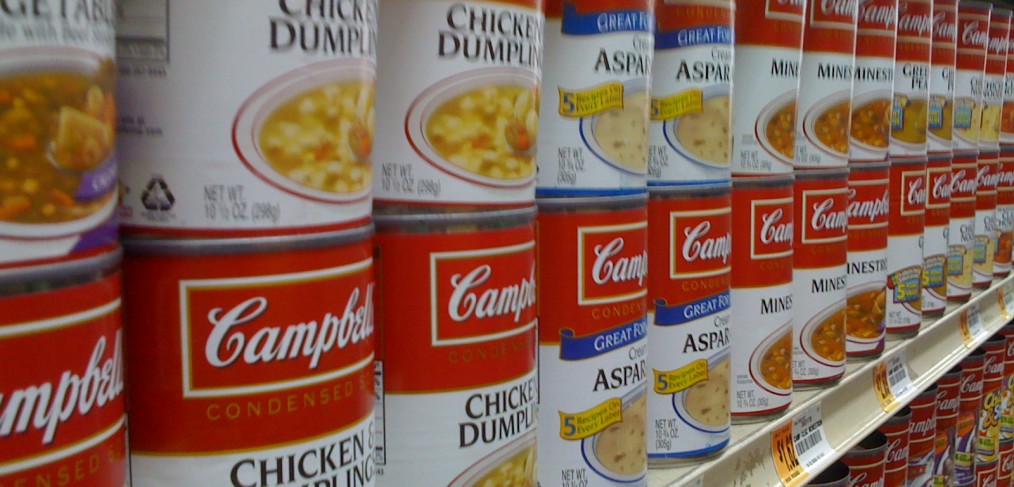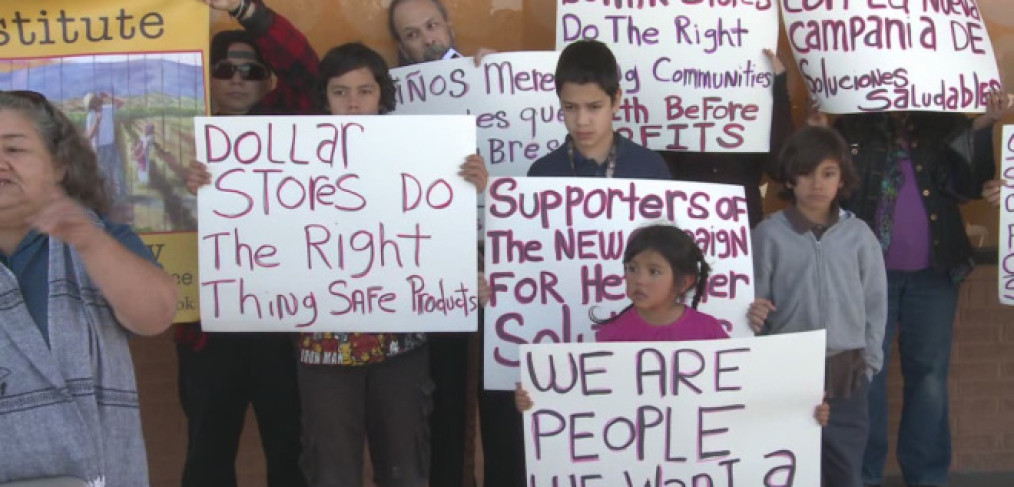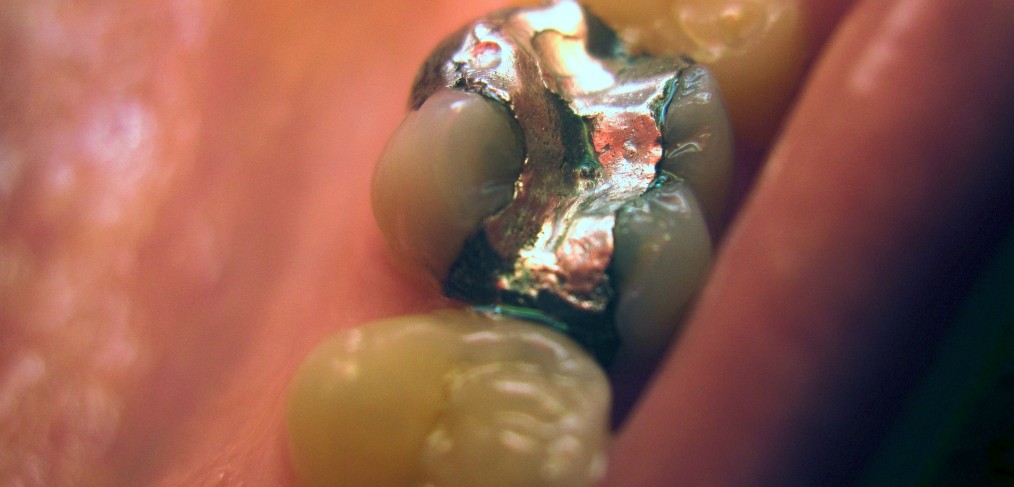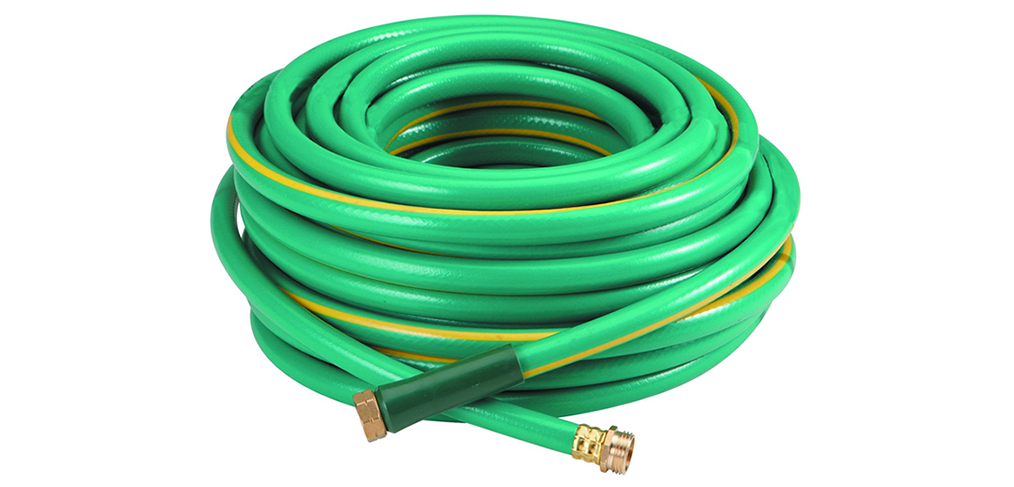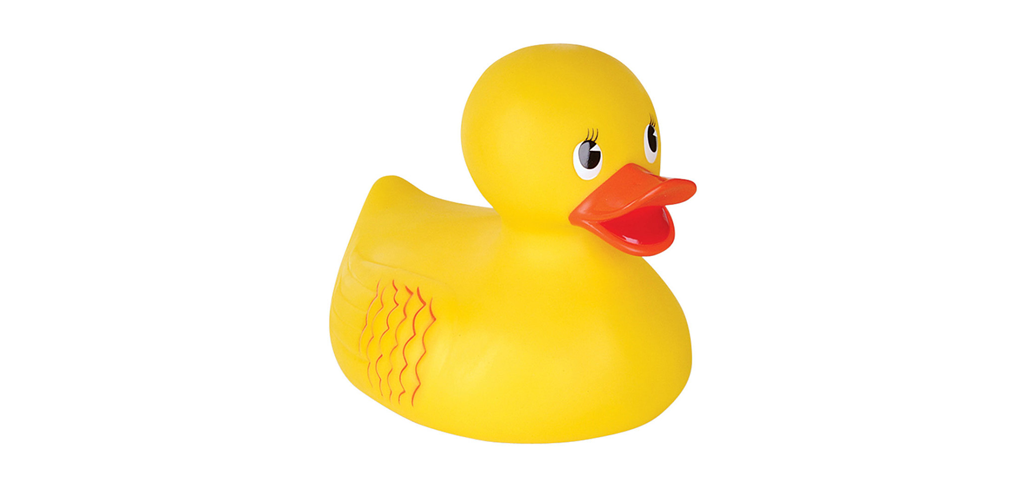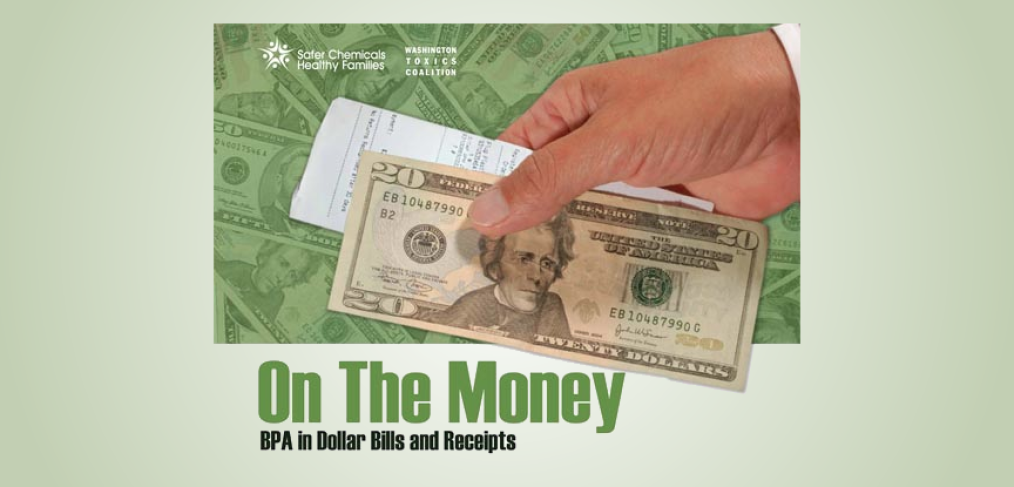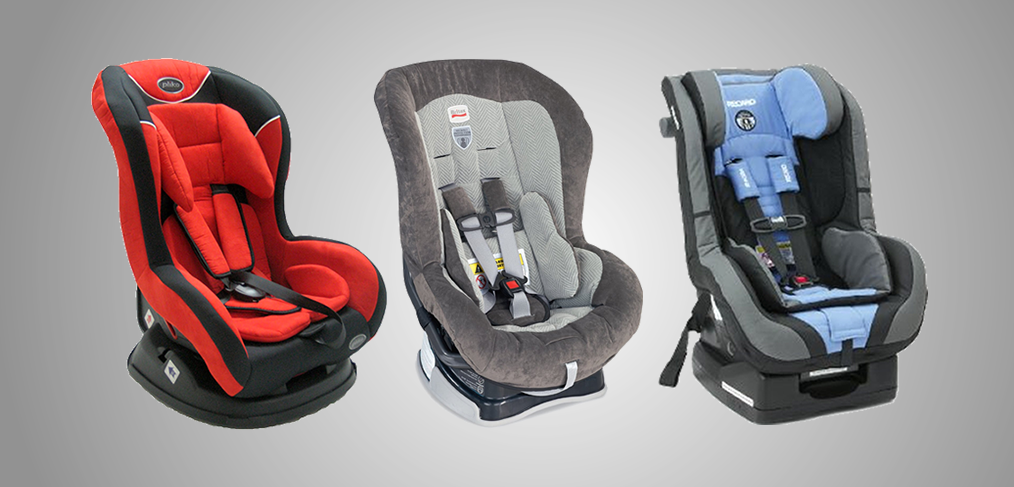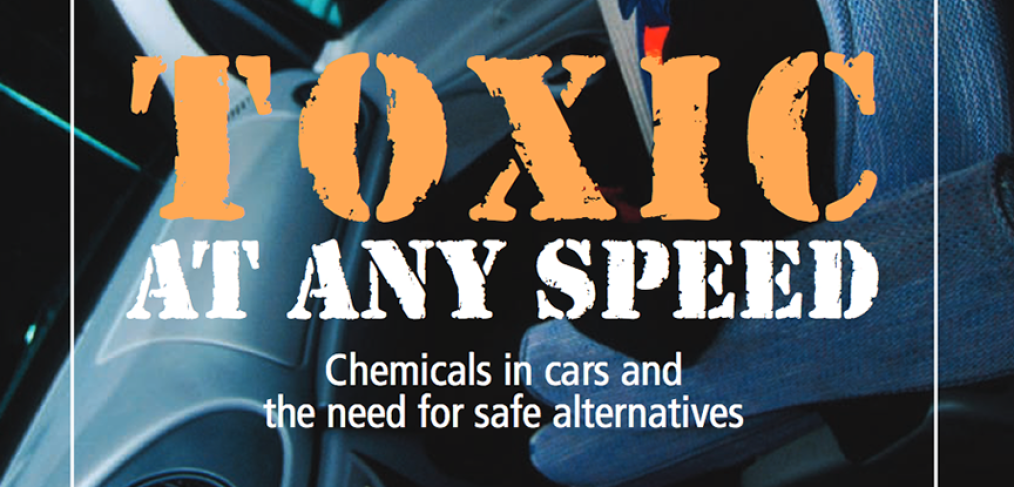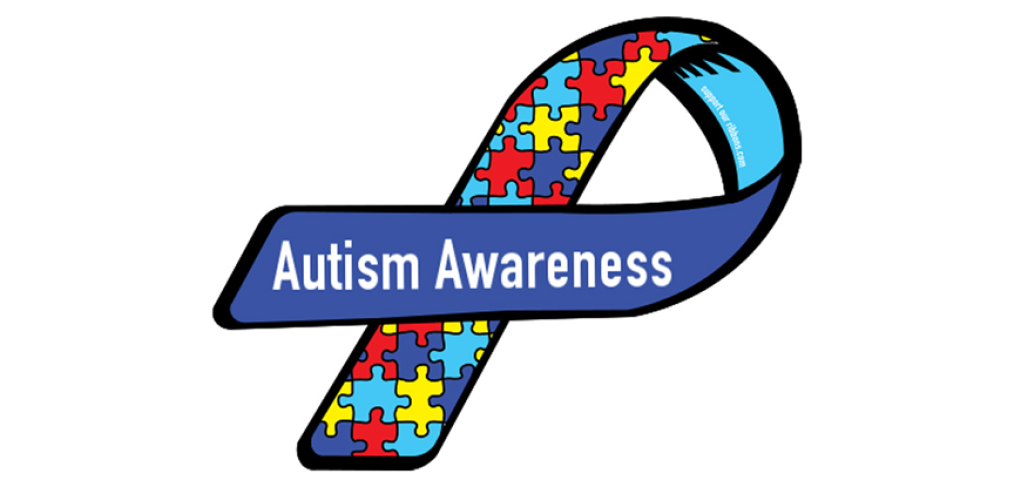Ripple was approached by Breast Cancer Prevention Partners (BCPP) to raise awareness about a toxic chemical used to make IV bags and tubing used in hospitals nationwide, despite known links to breast, liver, lung, and testicular cancers. The chemical, DEHP, leaches out of the plastic into medication and other fluids being infused into the bloodstream of patients.
According to a new report that Ripple released on behalf of six nonprofit organizations, two out of three food cans tested have the toxic chemical, Bisphenol A (BPA) in the linings.
Ripple teamed up with over 100 organizations nationwide to demand that Dollar Stores stop selling products with chemicals known to cause cancer, learning disabilities, obesity and other serious illnesses.
The Ecology Center’s recent study of toxic chemicals in low-cost jewelry proves that lead, cadmium, nickel, mercury and other hazardous chemicals are contained in many of these products marketed to children.
Ripple publicized a lawsuit against the FDA for continuing to allow mercury to be used as dental fillings despite the availability of safe alternatives.
Ripple’s release of a study on toxic chemicals in gardening products made major headlines with articles in the New York Times, Los Angeles Times, CNN and many other TV, radio and print outlets.
Ripple and the Ecology Center teamed up to release a consumer guide to toxic chemicals in cars at www.HealthyStuff.org. Cars were tested for chemicals that off-gas and become part of the air we breathe.
Ripple teamed up with The Ecology Center to release the first-ever consumer guide to toxic chemicals in toys. The data generated massive media coverage was a startling wake-up call to many consumers.
To generate media attention on behalf of Safer Chemicals, Healthy Families, Ripple came up with the idea for them to conduct a study on BPA on dollar bills. The report found this dangerous chemical on 95% of the bills tested.
Crash tests aren’t the only way to prove the safety of a child’s car seat, according to research by the Ecology Center. Their original data shows that some car seats are made with dangerous chemicals that can lead to serious health risks.
When it comes to automobile safety most people think of seatbelts and airbags. But cars also pose hidden hazards that endanger drivers and passengers before even turning on the ignition.
While our client, Safer Chemicals Healthy Families, was lobbying to overhaul our failed federal chemicals policy, Ripple was working to draw connections in the public sphere between toxic chemicals and various health implications.


